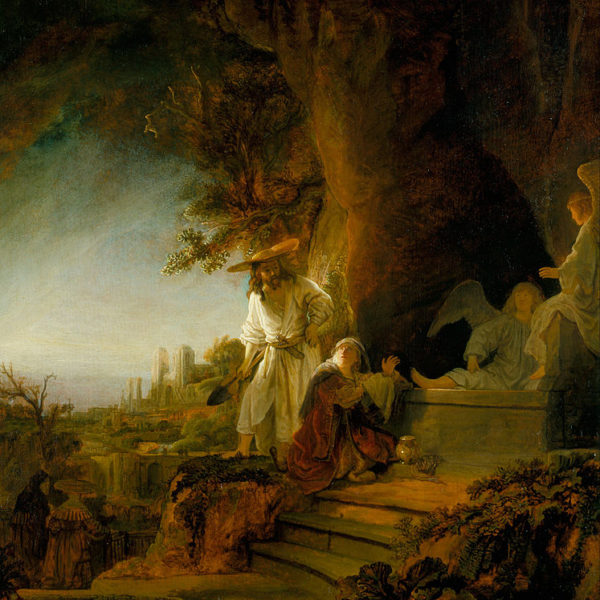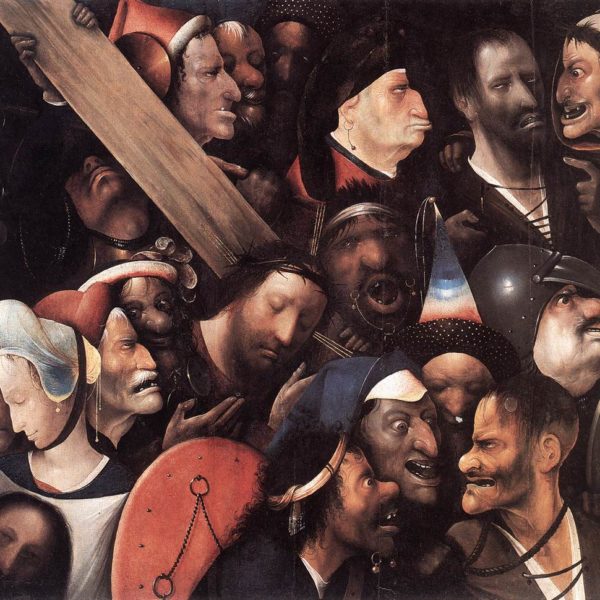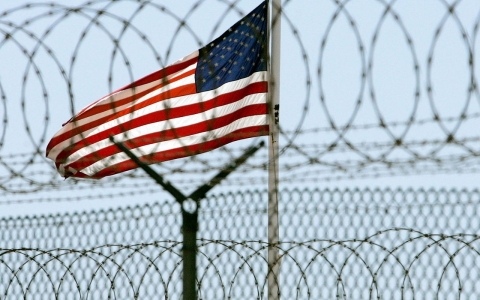
When the Senate issued its report on CIA torture in December of 2014, the House Intelligence Committee chairman—Mike Rogers, a Republican from Michigan—questioned the wisdom of releasing the report, warning that the report’s release would have dire consequences for the United States. Moving forward, he suggested that politicians needed to help the CIA talk differently about its activities.
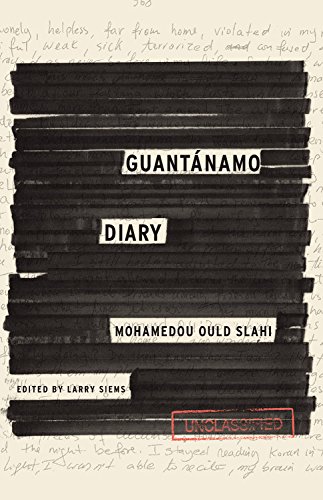
. . . We live in an age of terror, but not because we have been terrorized by the Other. Rather, the terrorism we recognize is the consequence of an a priori distinction between lives that matter and lives that don’t. Slahi, confined at Guantanamo since January 2000 without charge, represents the figure of terror.
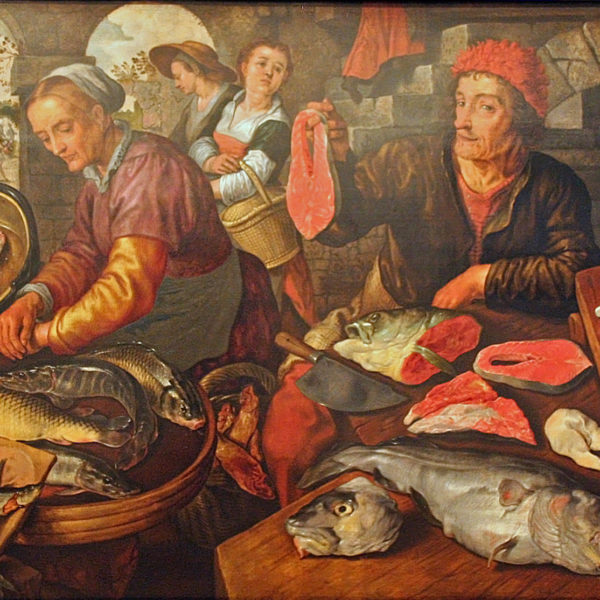
Christians worldwide are currently observing Lent, a penitential season of prayer, fasting, and almsgiving. Generally speaking, modern western Christians are prone to approach these disciplines as a matter of individual piety. But historically, these practices have carried much broader and more significant social, economic, and political implications. We often think of the Protestant Reformation as declaring an end to Lenten observance, and public fasts in general, but the reality is more complicated.
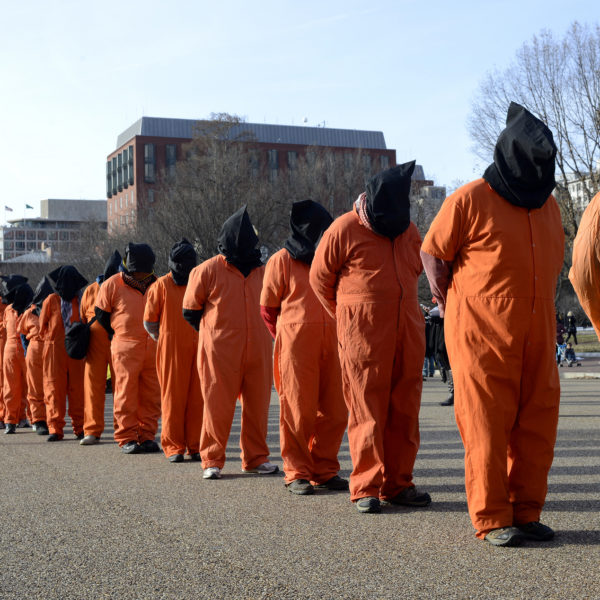
He faces no criminal charges. Indeed, a U.S. judge ordered him released five years ago. Nevertheless, Mohamedou Ould Slahi remains in Guantánamo Bay, after more than thirteen years in captivity. He was snatched out of his home country of Mauritania shortly after 9/11/2001, and then renditioned to Jordan, Afghanistan, and finally Cuba. In U.S. custody he has endured beatings, threats, sexual assaults, sensory deprivation, lengthy exposure to cold temperatures, food deprivation, deprivation of medical care, stress positions, and forced nudity.
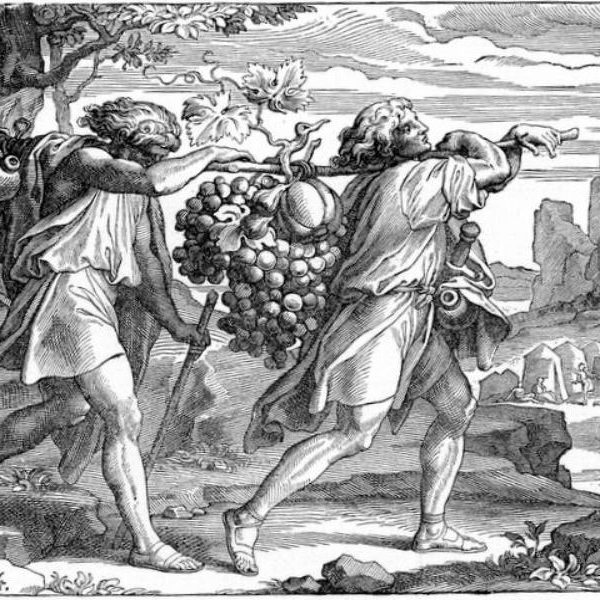
The promise of the new covenant in Jeremiah 31:31-34 contains political dimensions that typically pass unrecognized, but which provide a rich description of an ideal polity. This prophetic vision can serve as a powerful counterpart and companion to more conventional political utopias and idealized societies.

